"Stop Hiring Humans." This bold statement, emblazoned on billboards by an AI company, captures a provocative trend sweeping the business world. In recent months, CEOs across industries have been vocal about how artificial intelligence enables organizations to achieve more with fewer people. The prevailing logic is clear: automate, streamline, and reduce headcount while boosting productivity. But this narrative assumes that the benefits of AI will flow primarily to organizations, much like past technological revolutions where gains were concentrated in the hands of a few. What if this time is different? What if AI empowers individuals to become billion-dollar entities, independent of traditional corporate structures?
The Historical Pattern: Technology and Power
From the steam engine to electricity to computing, every wave of technological innovation has primarily benefited those who controlled capital. Workers adapted to new systems, but rarely led the transition. Today, the assumption is that organizations—not individuals—will reap the rewards of AI. According to LinkedIn’s Work Change Report, 88% of C-suite leaders are prioritizing AI adoption, and 51% of businesses using AI have already seen revenue increases. Meanwhile, the World Economic Forum’s Future of Jobs Report reveals that 41% of employers plan to downsize their workforce as AI becomes capable of replicating more roles. The prevailing vision is of billion-dollar companies with no employees. But what if the future holds billion-dollar individuals with no companies?
Beyond Knowledge Work: The Rise of Human-Centric Skills
In a conversation for an upcoming podcast, Aneesh Raman, LinkedIn’s Chief Economic Opportunity Officer, described a fundamental shift in the economy—from industrial labor to knowledge work, and now to an economy centered on uniquely human skills that AI cannot replicate. Raman argues that throughout history, "the story of work has never been the story of humans at work, it's been the story of technology at work." Workers have been forced to fit into systems optimized for efficiency rather than human potential. The industrial age relied on manual labor, the computing era elevated knowledge work, and now AI is automating cognitive tasks. So, what’s left for humans?
Raman identifies five essential human skills—curiosity, creativity, communication, compassion, and courage—that are becoming increasingly valuable as AI handles routine tasks. LinkedIn data shows a 31% increase in the emphasis on these human skills among U.S. executives over the past five years, with communication emerging as the most in-demand skill for 2024. This shift isn’t theoretical; it’s already underway. More than 10% of global roles today—and 20% in the U.S.—didn’t exist in 2000. LinkedIn members are adding new skills to their profiles at 2.4 times the rate they did just a few years ago, blending technical expertise with human-centric capabilities. By 2030, 70% of job skills are expected to change, driven by AI.
In short, whether you plan to change jobs or not, your job is about to change on you.
The Rise of the Billion-Dollar Individual
If AI can manage operations, marketing, customer service, and logistics, why do individuals need large companies to innovate and create? What if the most powerful economic entities of the future aren’t companies at all? The assumption that AI will only create billion-dollar companies with no employees overlooks a more radical possibility: the rise of billion-dollar individuals—people who build their own AI-driven economic engines, independent of traditional corporate structures.
Historically, new technologies concentrated economic power in the hands of a few. But AI is different. It democratizes access to advanced tools, making them available to individuals, not just corporations. This shift opens up unprecedented opportunities for people to leverage AI to build careers, businesses, and economic independence outside of traditional employment structures. Already, solo entrepreneurs are using AI to automate content production, customer engagement, and financial operations, running media or consulting empires from a single laptop.
This shift doesn’t necessarily mean working alone. Collaborative, AI-powered communities could emerge, where small groups of independent professionals pool AI tools, share physical and digital infrastructure, and create decentralized economic models that don’t rely on corporate structures. At the same time, as AI reduces the cost of products and services, it could accelerate the rise of a passion economy, where individuals no longer need traditional employment to make a living. Artists, educators, and niche experts could build global audiences and turn personal interests into scalable businesses—without relying on corporate platforms.
The Future of Work: Shaped by Us, Not AI
The dominant narrative around AI focuses on how organizations can do more with fewer people. But an equally powerful reality is emerging: how individuals can do more with fewer organizations. The tools are here, and the trends are clear. The only question is: will we shape the future, or will we allow old systems to shape us?
The future of work won’t be decided by AI—it will be decided by us. Whether it’s through billion-dollar companies or billion-dollar individuals, the power to redefine work and wealth lies in our hands. The question is, how will we use it?
This article first appeared on Forbes.





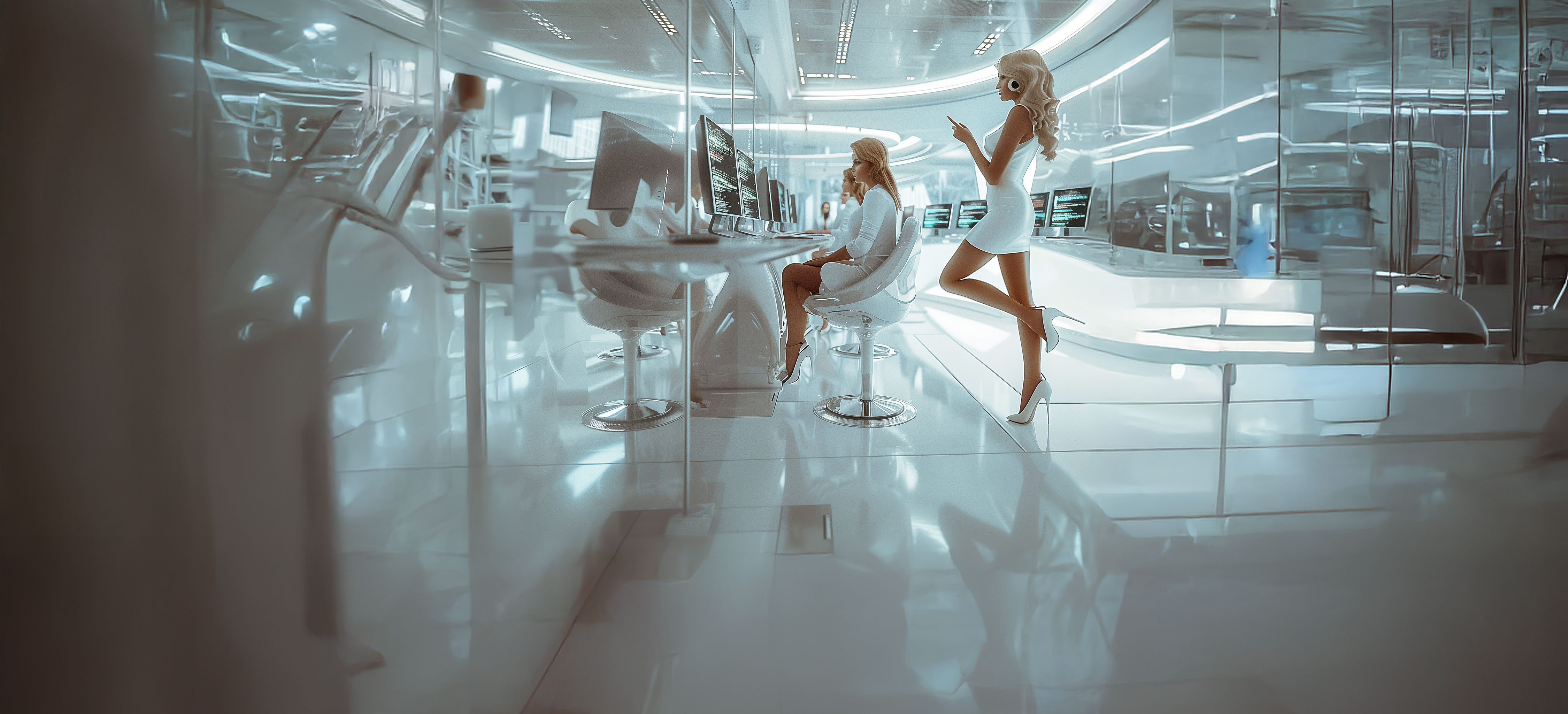
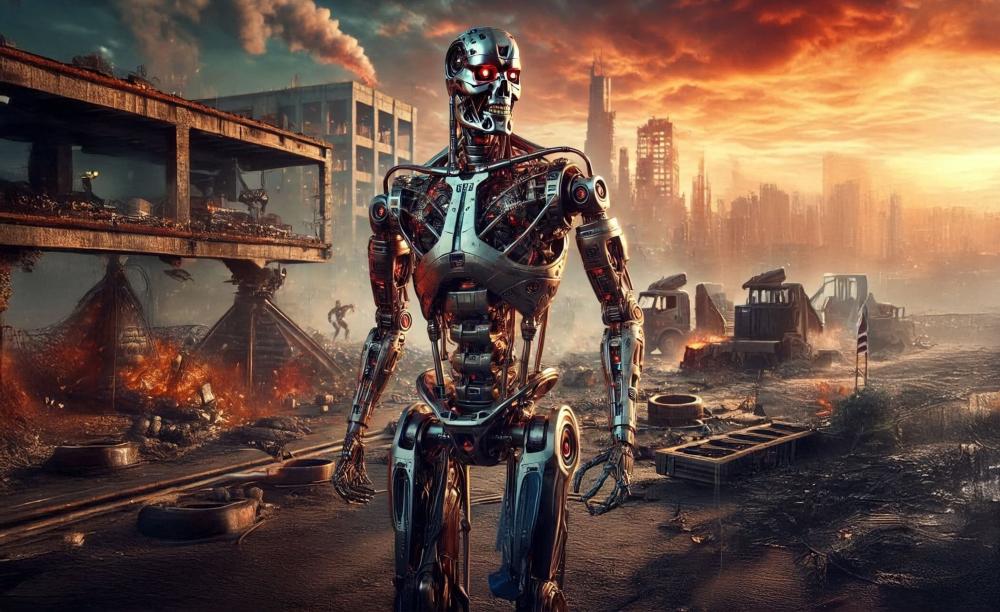







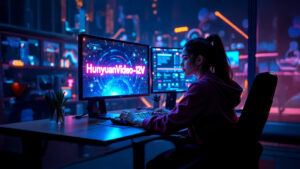



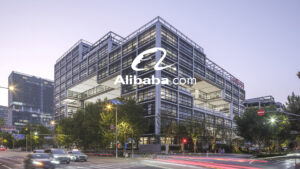
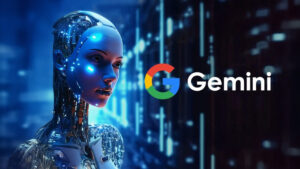




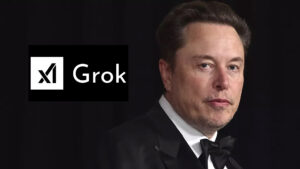









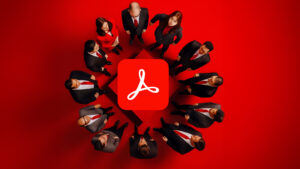







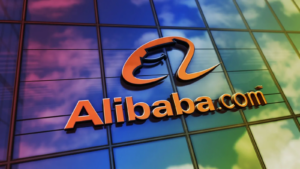


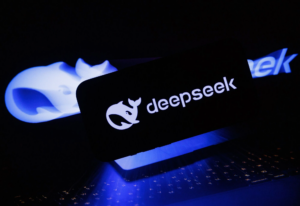



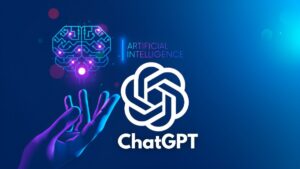
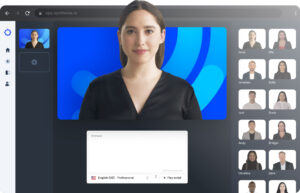

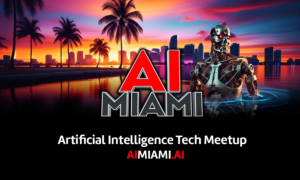
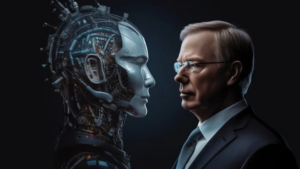



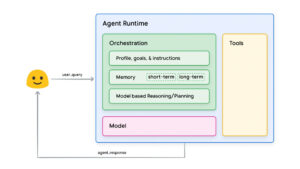


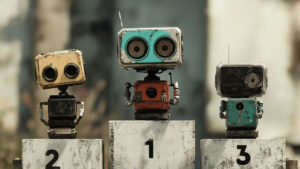
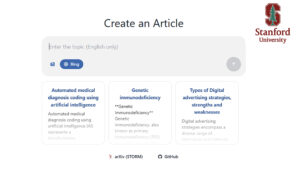


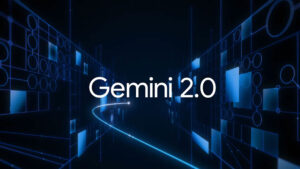





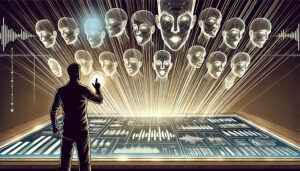



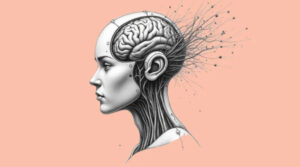


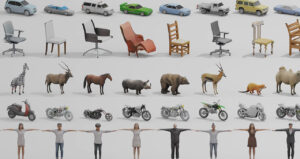






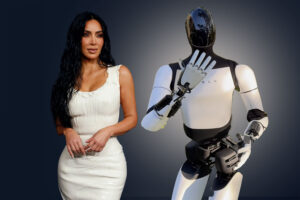
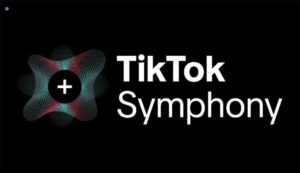


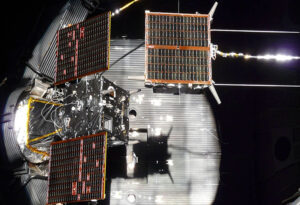





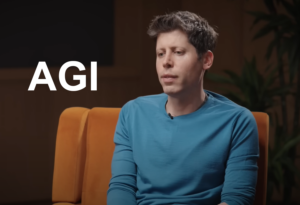
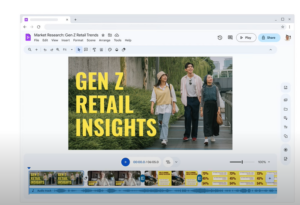


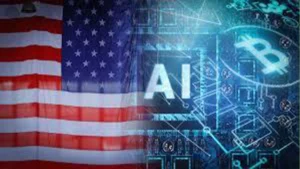
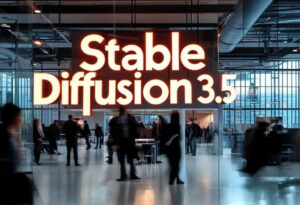
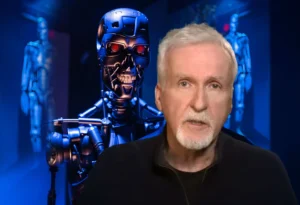
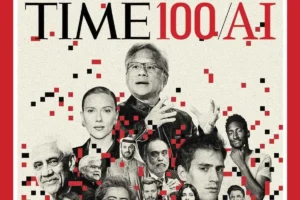




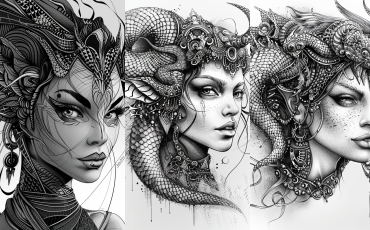
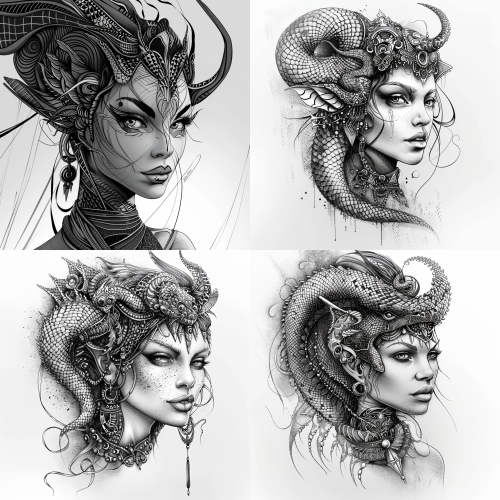






Validate your login
Sign In
Create New Account